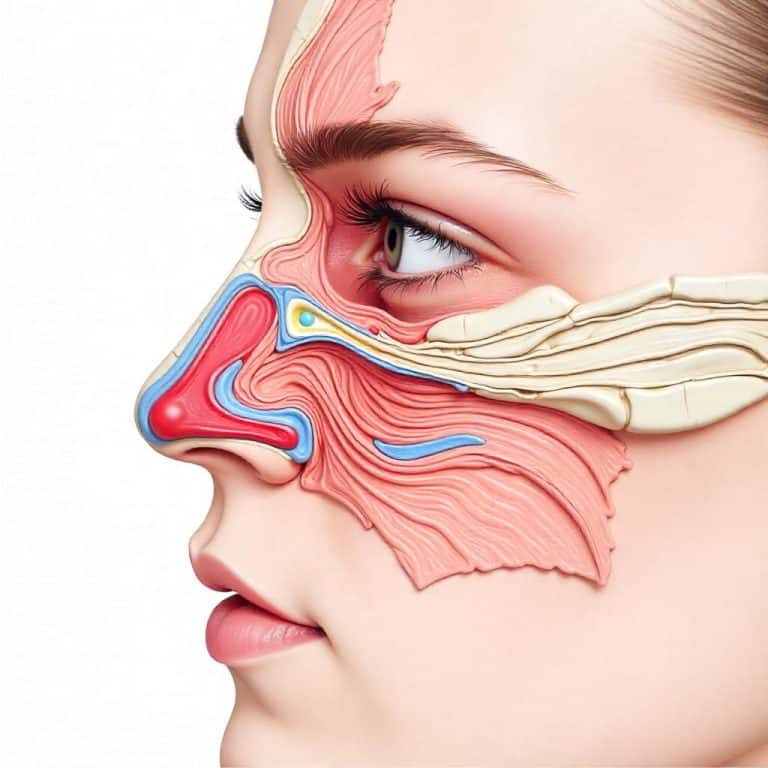Welcome to our sinuses quiz ! Sinuses are air-filled cavities in your skull that help to filter and humidify the air you breathe. They also play a role in producing mucus to keep your nasal passages moist.
In this quiz, you’ll learn all about the different types of sinuses in your head and how they function. Test your knowledge on why sinus infections occur, how to treat them, and what you can do to prevent them in the future. So, let’s dive in and see how much you know about these important air-filled spaces in your head!
Play Sinuses Quiz
Instructions
- This quiz is multiple choice.
- Read each question carefully before selecting an answer.
- Choose the best answer for each question.
- You will see the missed questions with correct answers at the end of the quiz.
Quick Facts
- Sinuses are air-filled cavities in the skull that are connected to the nasal passages.
- There are four pairs of sinuses in the human head: the frontal, ethmoid, sphenoid, and maxillary sinuses.
- These help to humidify and filter the air we breathe, as well as produce mucus to keep the nasal passages moist.
- Sinusitis is a common condition where the sinuses become inflamed or infected, leading to symptoms such as nasal congestion, facial pain, and headaches.
- Factors that can contribute to sinusitis include allergies, infections, and structural issues in the nasal passages.
- Infections can be acute (lasting less than four weeks), subacute (lasting four to 12 weeks), or chronic (lasting more than 12 weeks).
- Treatment may include antibiotics, decongestants, nasal corticosteroids, or in severe cases, surgery to improve drainage.
- Some people are more prone to sinusitis than others, such as those with allergies, asthma, or a weakened immune system.
- Keeping these areas moist by using a humidifier, staying hydrated, and avoiding irritants like cigarette smoke can help prevent issues.
Downloads
Study Tips
- Create a study schedule and stick to it.
- Find a quiet and comfortable study environment.
- Remove distractions such as phones and social media.
- Take breaks every 25-30 minutes to avoid burnout.
- Use active studying techniques like summarizing, highlighting, and teaching concepts to someone else.
- Practice retrieval by testing yourself with flashcards or practice quizzes.
- Stay organized with notes, study guides, and resources.
- Stay hydrated and eat brain-boosting foods like fruits, nuts, and whole grains.
- Get enough sleep to improve memory retention and cognitive function.
- Reward yourself for reaching study goals to stay motivated.
